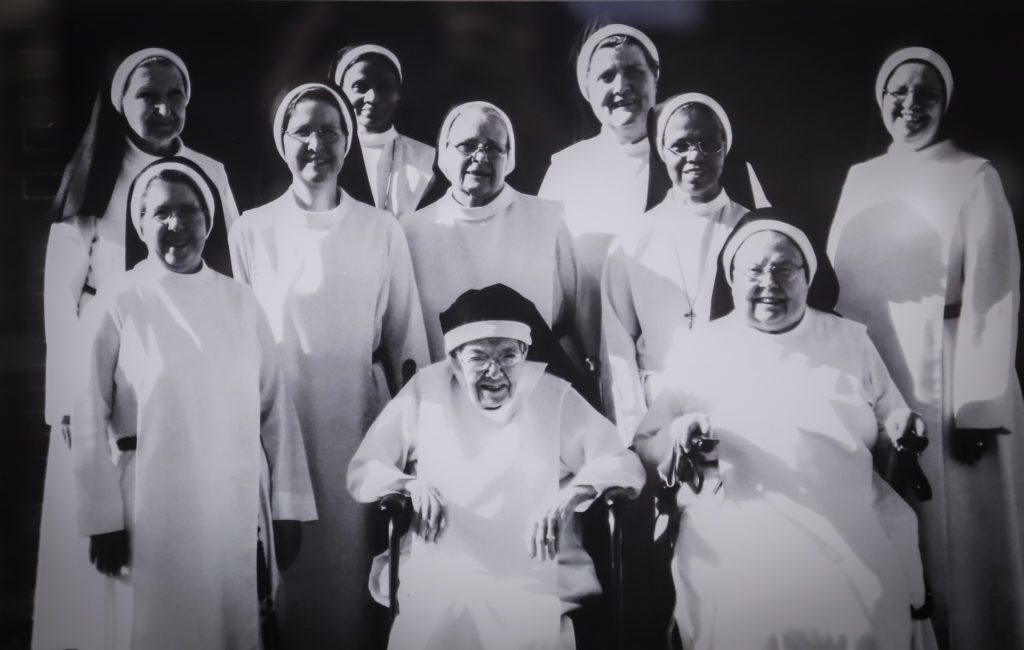Pioneer women in hospice and healthcare laid the foundation for the care we provide today.
From female physicians and nurses to social workers and Dominican nuns, we are who we are because of their hard work and commitment to care. For us, it’s end-of-life care, and providing comfort and grief support to family and friends, compassionately delivered by our team of outstanding professionals.
As we begin Women’s History Month, we salute the talented and dedicated women on staff at Our Lady of Peace Hospice and Home Health Care who will lead us into the future. We also look back through history and the great women who paved the way for all of us:
In 1849, Elizabeth Blackwell earned a medical degree from Geneva Medical College in
New York, becoming the first woman in the United States to earn the degree.
In 1850, Florence Nightingale cared for wounded soldiers during the Crimean War, and went on to improve sanitary conditions in military hospitals. Her work as a nurse transformed healthcare standards forever.
In 1881, Clara Barton founded the Red Cross where she aided with countless disasters and helped the homeless and poor. She went on to establish the National First Aid Association of America.
In 1941, a small group of Catholic Dominican Hawthorne nuns (pictured here) quietly opened Our Lady of Good Counsel in St. Paul where they compassionately cared for the dying before end-of-life care became known as hospice.
In 1965, Florence Ward, Dean of the Yale School of Nursing, convened the first American conference on end-of-life care, leading her to step down as Dean to commit full time to research and advocacy in the field.
Also in 1965, Zelda Foster identified the essential role of social work in hospice and becomes a central figure in the hospice movement. She is credited with introducing end-of-life care to Veterans Administration hospitals and co-founding the first Hospice Association, in New York.
In 1967, Dame Cicely Saunders founded St. Christopher’s Hospice as the first hospice, linking expert pain and symptom control with compassionate care, teaching, and clinical research.
She is also credited as establishing the discipline of palliative care.
In 1969, Elisabeth Kübler-Ross created the framework of denial, anger, bargaining, depression, and acceptance, making the dying process more approachable for hospice patients and families.
We are grateful for your service and inspiration.
